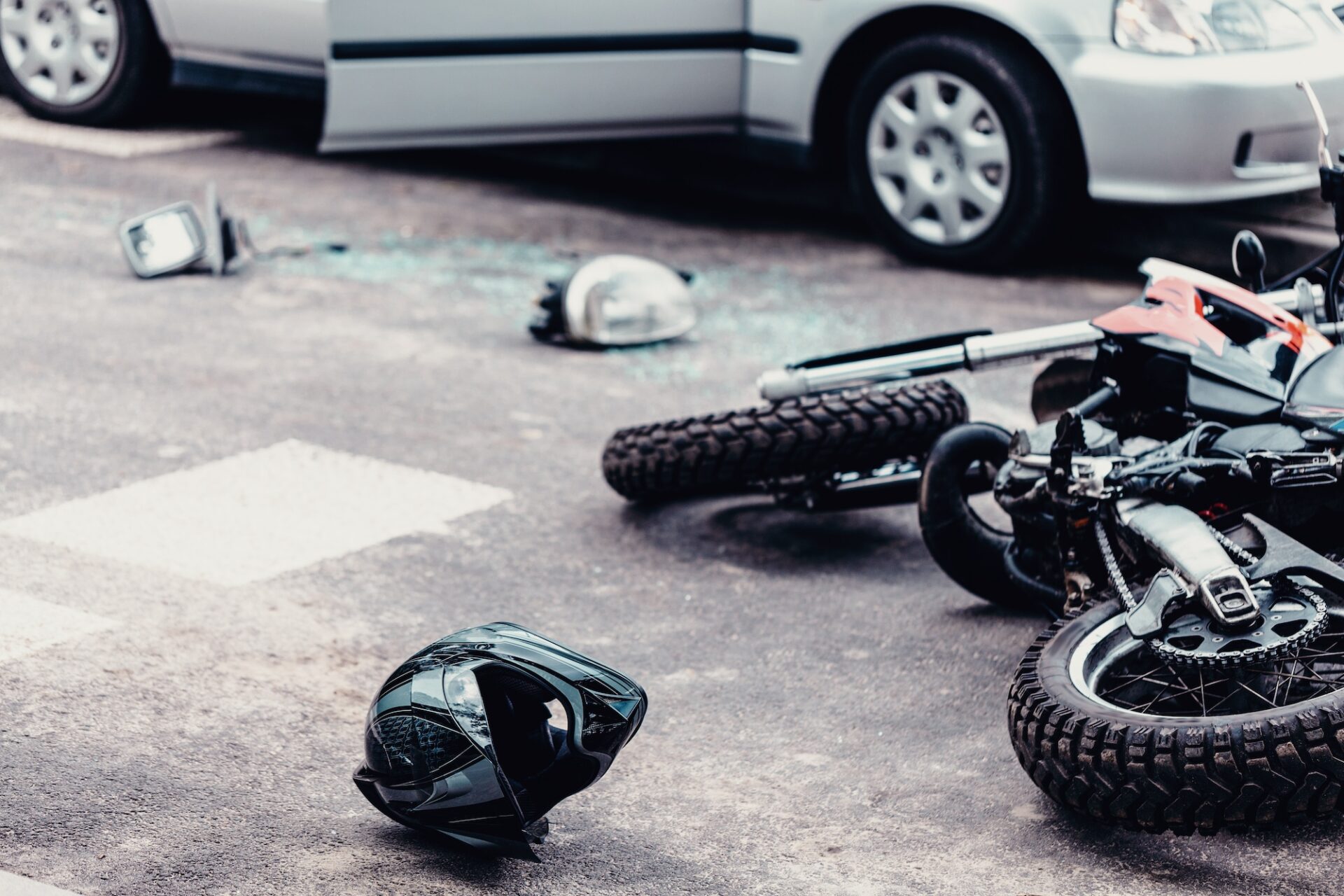Many people may think that a case involving a collision with an 18-wheeler or commercial motor vehicle (CMV) is not much different than a collision involving other large vehicles. However, there are several factors that make a collision with an 18-wheeler more complex than most other road crashes.
1. Size and impact
The most obvious difference between a collision involving an 18-wheeler and a collision involving only passenger vehicles is the size and resulting impact of a large truck.
The legal weight for an 18-wheeler is 80,000 pounds, whereas the average weight of a passenger vehicle is between 3,000-5,000 pounds. The sheer size and weight of an 18-wheeler automatically increases the damage and fatality risks in any type of road collision.
2. Commercial regulations
Eighteen-wheelers and other large commercial vehicles have a host of rules and regulations beyond those of passenger vehicles. An increase in regulations and safety inspection requirements often means that a collision involving an 18-wheeler has more potential for liability on the part of the commercial vehicle and/or driver.
3. Insurance policies
Because the damage risk for large commercial vehicles is much higher than the risk for a passenger vehicle, the insurance policies for 18-wheelers can be worth millions of dollars. Therefore, insurance adjusters on a case involving an 18-wheeler will attempt to steer the liability away from their client.
These are just 3 ways that a collision involving an 18-wheeler is more complicated than an average vehicle collision. You may find that the legal complexities of such a case urge you to hire a personal injury lawyer. Smith Injury Law, PA, has been handling car collision cases since 1987. Call Richard Smith at 864-236-5530 for a free consultation.
Disclaimer: Principle office is located at 1210 Laurens Rd, Greenville, SC 29607. No fee unless the case is settled or won, costs may be excluded.




